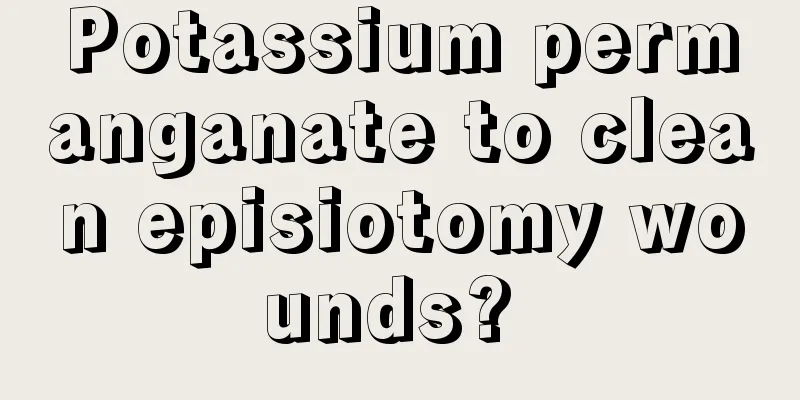What is the reason for long terminal teeth

|
If you do not pay attention to oral hygiene, it is easy to cause oral diseases, such as toothache, swollen gums, and sometimes sudden tooth growth. The main reason for these diseases is problems with the nerves inside the teeth. It is easy for bacteria and viruses to breed in the tooth area. If not treated in time, periodontitis will occur. Therefore, you must brush your teeth in time after each meal, at least twice a day, to reduce the presence of bacteria. Let me tell you the specific reasons below. Wisdom teeth, scientifically known as the third molar, commonly known as wisdom teeth, establishment teeth, and terminal teeth, are the teeth closest to the throat in the mouth. If all grow out, there will be a total of 4 teeth, two in the upper and lower jaws. They usually grow out at the age of 16 or later. There are great individual differences in the growth of wisdom teeth. Some people have them before the age of 20, some at the age of 40 or 50, and some never grow them in their entire lives. This is all normal. Moreover, not all four wisdom teeth will necessarily grow fully. Some people may only grow 1 to 2 wisdom teeth, and some wisdom teeth may even stop growing halfway. This situation is called impacted wisdom teeth. When wisdom teeth cannot grow out and instead grow horizontally, it is called horizontally impacted wisdom teeth. They usually crowd the outer teeth, making them extremely crowded and prone to toothache. If horizontal impaction occurs, it will cause toothache. The incidence of impacted wisdom teeth is relatively high, and its hazards are mainly manifested in the following aspects. (1) Recurrent pericoronitis. A blind pocket is formed between the soft tissue around the crown of the impacted wisdom tooth and the tooth, causing the accumulation of food and bacteria. When the resistance is reduced, pericoronitis is inevitable. General anti-inflammatory treatment only treats the symptoms and not the root cause, so pericoronitis will recur. (2) Tooth decay. Food debris easily accumulates between the mispositioned wisdom teeth and the second molars, and it is difficult to clean. Generally, caries can form within a few months, directly destroying the tooth tissue. (3) Impacted wisdom teeth often cannot establish a normal occlusal relationship with the opposing teeth. Over time, this can lead to symptoms such as clicking of the temporomandibular joint, pain when opening the mouth, and bruxism, which have a significant impact on the physical and mental health of young and middle-aged people. (4) There is evidence that some impacted wisdom teeth are the lesions of some cases of trigeminal neuralgia. The jawbone that accommodates the teeth continues to degenerate and become smaller, so impacted wisdom teeth are an inevitable result. The removal of impacted wisdom teeth has no adverse effects on chewing, language and other functions. In addition, removal is the most effective way to treat impacted wisdom teeth. Therefore, it is recommended to remove impacted wisdom teeth that cause the above-mentioned hazards as early as possible and decisively. |
<<: What to do if the growing teeth hurt?
>>: Is the cecum the appendix?
Recommend
What are the early symptoms of lung cancer? Five clinical symptoms of early lung cancer
Lung cancer is the most common type of cancer, an...
What complications does thyroid cancer easily lead to
What complications may result from thyroid cancer...
Cure rate of mid- to late-stage rectal cancer
Cure rate of middle and late stage rectal cancer ...
Which hospital is the best and most authoritative for treating pancreatic cancer?
When treating pancreatic cancer, patients especia...
Why does my hair become oily after a good night's sleep
Many people find that their hair is very greasy a...
What should I do if my clothes absorb hair?
In people's daily life, whether their image i...
What foods can relieve dry eyes
Every day we face computers for a long time, whet...
What are the methods for early diagnosis of lung cancer?
What are the methods for early diagnosis of lung ...
How to measure heart rate
Heart rate is a term that often appears around us...
What to do if there is too much foam in the milk powder
Babies are very important to every family. Babies...
6 major danger signs of impending disease
1. Numbness and tingling in the arms and legs, me...
What to do if you feel dizzy and want to vomit? Here are 5 tips to help you solve it easily
Due to work reasons, everyone is unable to eat an...
Symptoms of allergic purpura are commonly seen here
Allergic purpura is a common disease of the patie...
Supplementary knowledge on lymphoma prevention
Hello everyone, today we are going to introduce t...
The efficacy and function of red sandalwood
In life, many people will wear a bracelet made of...









